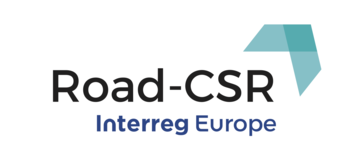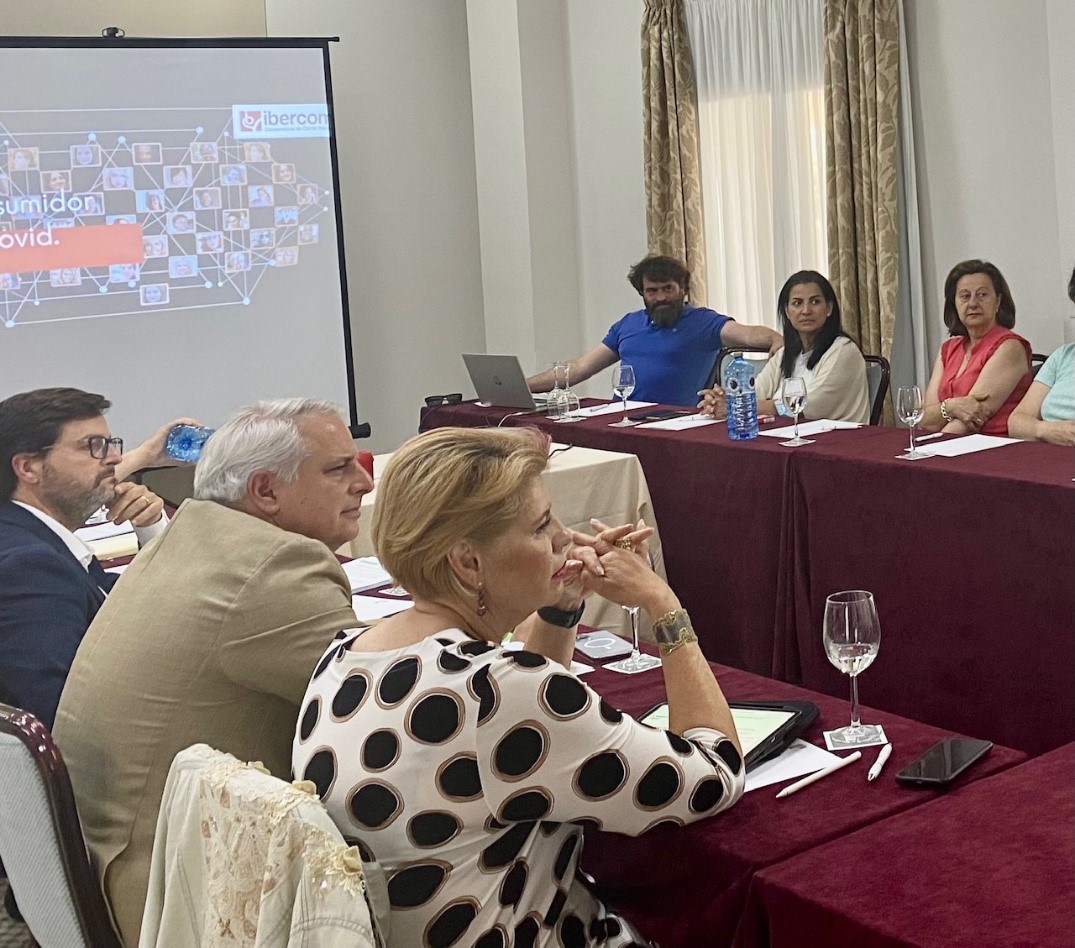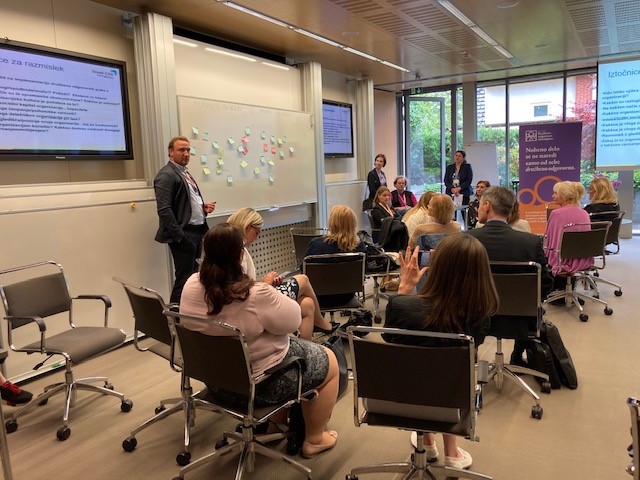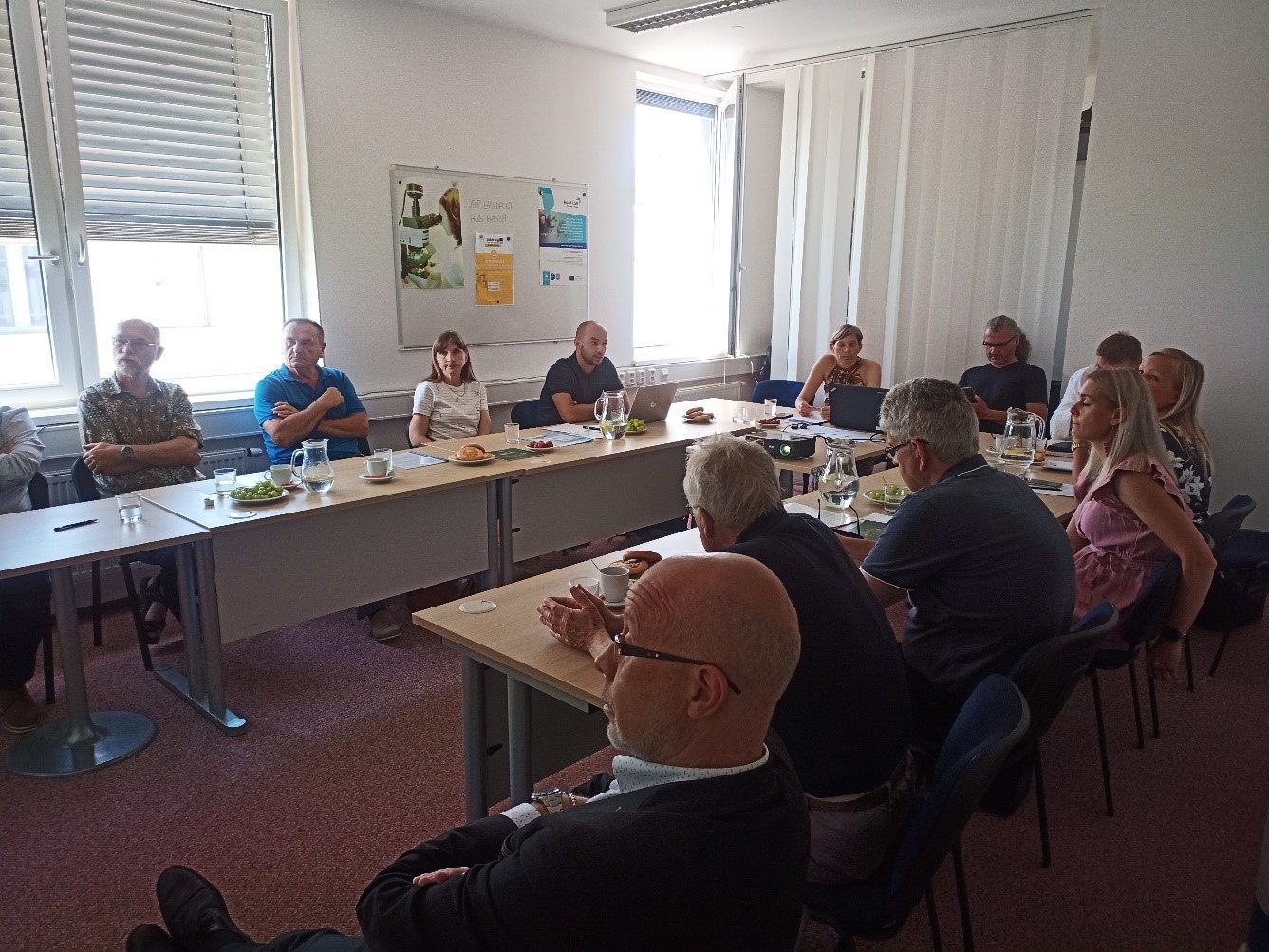CSR in capacity building for sustainable solutions by Martina Keitcsh
Corporate Social Responsibility (CSR) encompasses the view that companies and organizations are part of alleviating social and environmental impacts of global issues such as climate change and poverty. While the idea that corporations have a responsibility towards society is not new, CSR as term and concept is used frequently from the 1990’s onwards, when global issues significantly influenced the international perspective towards both social responsibility and the approach to sustainable development (Latapí et.al 2019).
CRS was institutionalized in 1992 by the association Business for Social Responsibility (BSR), who had the vision of “business as a force for positive social change—a force that would preserve and restore natural resources, ensure human dignity and fairness, and operate transparently” (Business for Social Responsibility, 2022, 1). The European Commission (EC) encouraged CSR further by founding the European Business Network for Social Cohesion (later CSR Europe) in 1996 (CSR Europe 2022). Since the late 1990ies the CSR has been developing progressively, recently cumulating with regards to the Sustainable Development Goals (UNDEP 2022).
CSR theory emphasizes shared value generation, i.e., the idea that companies should maximize value for both owners and other stakeholders and identify, prevent, and mitigate potentially adverse effects of their operations (Frynas & Mellahi, 2014). CSR practice focuses on the implementation and the impact in specific business areas Core CSR features are that implementation is voluntary and business internalize CSR goals according to their own performances, while thinking holistically, e.g., by considering the needs and interests of stakeholders.
However, aligning social and economic responsibilities poses a challenge to many firms. Especially SMEs struggle to a varying degree in realizing different values of CSR such as business ethics, human rights, anti-corruption and product responsibilities to name a few. To mitigate this challenge and building capacity, CSR policies have been developed which facilitate CSR planning, analyses, plan of action and implementation of strategies (Fet & Knudson 2017). Recently, systemic approaches such as the CapSEM model locate CSR within a framework of overarching concepts, tools, and strategies, aiming at structural clarification for realizing the SDGs. The model comprises 4 levels (Fet & Knudson 2017) and integrates CSR by taking both societal complexity and firm performance complexity into account. All model levels develop progressively increasing knowledge about sustainability issues and to build capacity, e.g., implementing CSR within a systems perspective. The CapSEM model is flexible and dynamic enough to facilitate multi-actor collaborative partnerships based on commonly acknowledging responsibility, thereby expanding capacity and mutual learning. The contribution of firms and industries to sustainable societies becomes critical in an unforeseeable future and creating systemic alliances between business and societal stakeholders can facilitate adoption of the SDGs in different cultural and economic settings, which is in line with the motto of the Sustainable Development Goals: ‘Leave no one behind’ (Keitsch, 2020).
References
CSR Europe (2022). www.csreurope.org Accessed 28 September 2022.
Business for Social Responsibility. (2022). Our Story. www.bsr.org/en/about/story,
Accessed 28 September 2022.
Fet, A, Knudson, H (2017). Implementing Corporate Social Responsibility. Encyclopedia of Sustainable Technologies. Elsevier 2017 ISBN 9780128046777. s. 125-130
Frynas, G. J., & Mellahi, K. (2014). Global Strategic Management (Third ed.). Oxford University Press.
Keitsch, Martina (2020) Enhancing Collaboration Between Societal Stakeholders for Reduced Inequalities, in: W. Leal Filho et al. (eds.), Reduced Inequalities, Encyclopaedia of the UN Sustainable Development Goals. Springer, Cham. doi.org/10.1007/978-3-319-71060-0_121-1
Latapí Agudelo, M.A., Jóhannsdóttir, L. & Davídsdóttir, B. (2019). A literature review of the history and evolution of corporate social responsibility. Int J Corporate Soc Responsibility 4, 1.
United Nations Development Programme (UNEP) (2022) www.undp.org/sustainable-development-goals. Accessed 20 September 2022.







